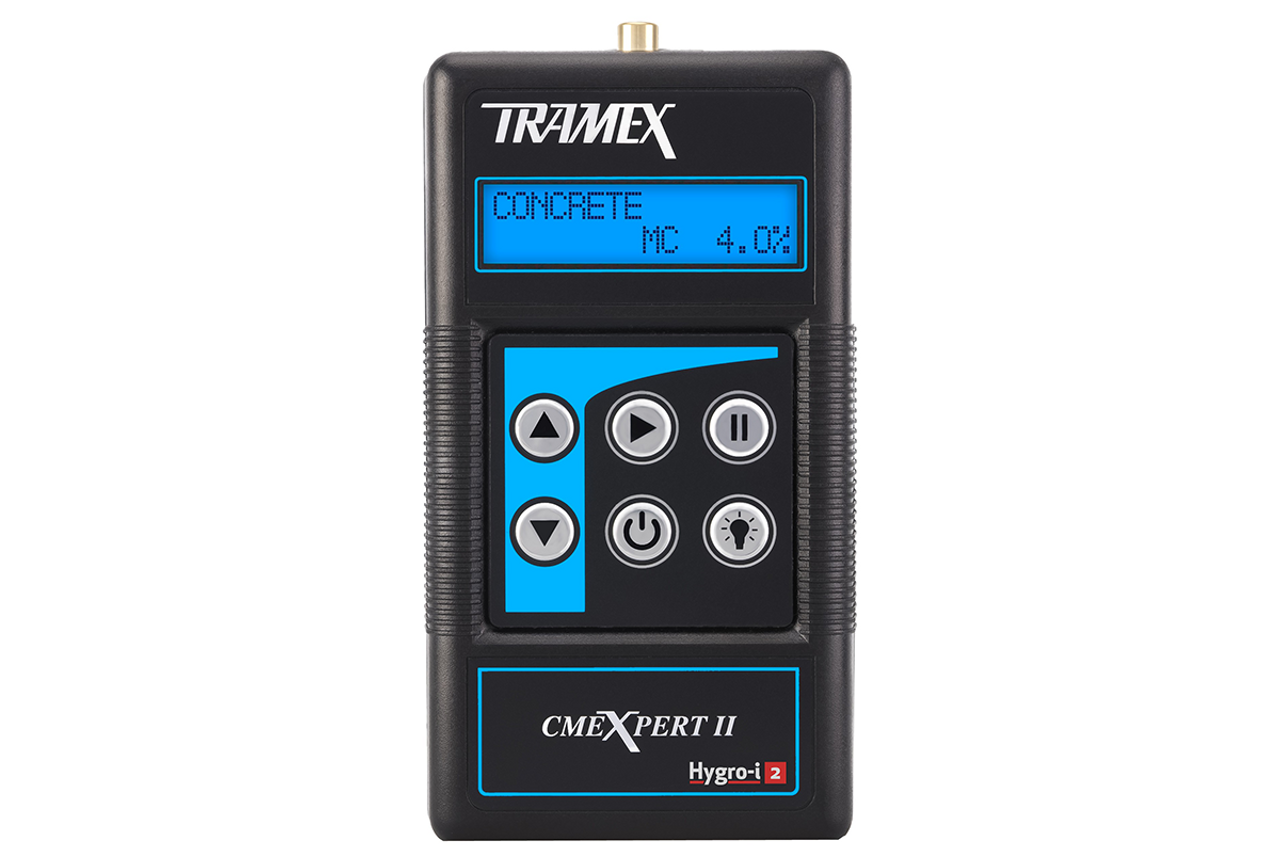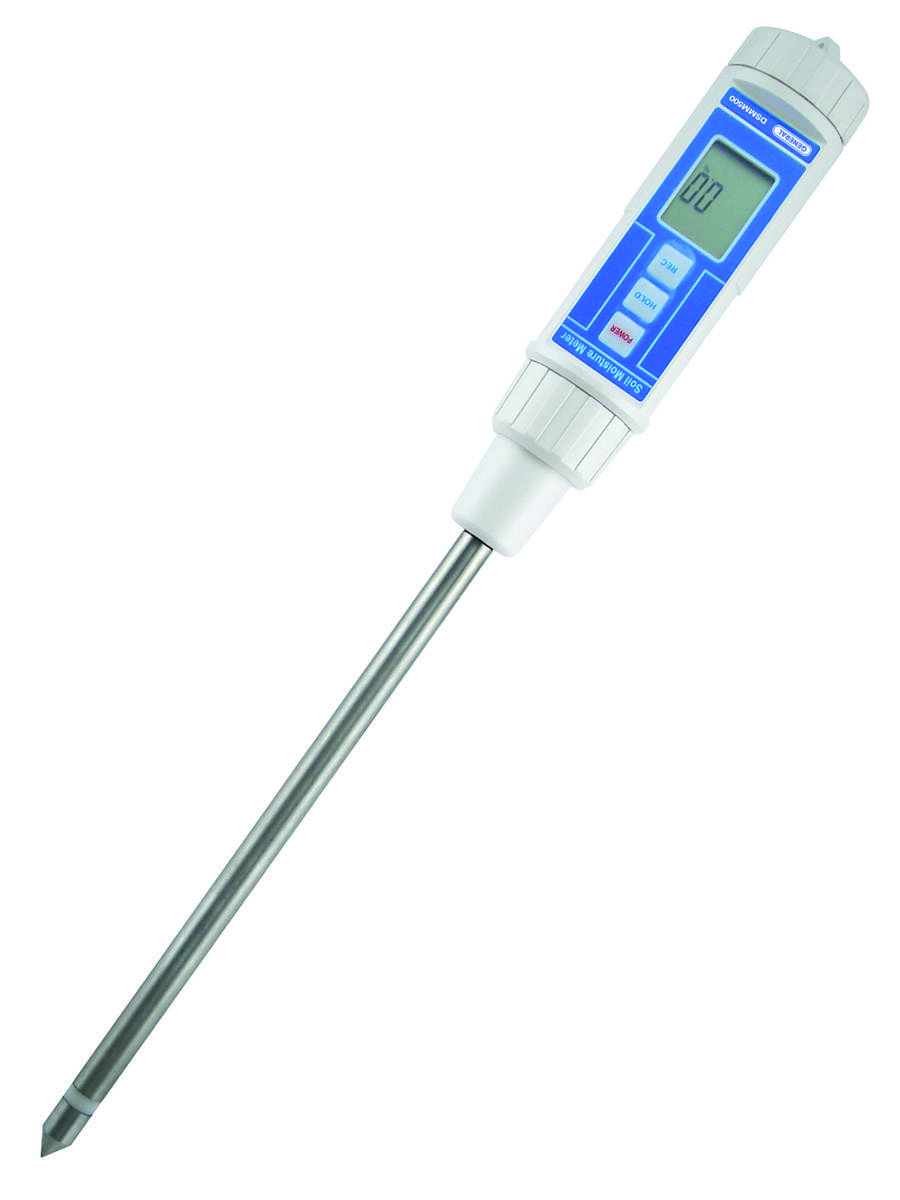Moisture Meter Acquiring Overview: What to Search for in High-Quality Instruments
Moisture Meter Acquiring Overview: What to Search for in High-Quality Instruments
Blog Article
The Ultimate Guide to Moisture Meters: A Comprehensive Introduction and How They Can Conserve You Money
In the realm of structure upkeep, building and construction, and different sectors, the significance of properly measuring dampness levels can not be overstated. Moisture meters function as indispensable tools in detecting and checking moisture web content in materials, assisting in protecting against costly problems and ensuring the quality of items. Recognizing the nuances of various types of wetness meters, their applications, and the potential cost-saving advantages they provide can be a game-changer for specialists and businesses alike. Discovering exactly how these devices can not only enhance procedures however additionally add to financial cost savings is a journey worth embarking on.
Sorts Of Moisture Meters
One typical type is the pin-type dampness meter, which measures the electrical resistance in between 2 pins placed into a product. Pinless dampness meters, on the other hand, usage electromagnetic sensing unit plates to scan a larger location without causing damage to the material's surface.
Infrared wetness meters measure the thermal properties of a material to identify its wetness material non-invasively, making them helpful for applications where pin or pinless meters might not be suitable. Understanding the different kinds of dampness meters offered can assist markets select the most suitable tool for their particular dampness measurement needs.

Benefits of Using Moisture Meters

Furthermore, using wetness meters can lead to enhanced power effectiveness. In farming setups, moisture meters play a critical duty in optimizing plant yields by enabling farmers to keep track of dirt moisture degrees and make informed watering choices.
How to Select the Right Moisture Meter
Picking the ideal dampness meter entails thinking about vital aspects such as product compatibility, measurement range, and calibration accuracy. When picking a dampness meter, it's vital to make certain that the meter is ideal for the specific material you will be testing. Various materials have varying electrical residential properties that can affect moisture analyses, so selecting a meter made for your product is critical for exact results. In addition, take into consideration the dimension series of the dampness meter. Make certain that the meter can spot wetness levels within the array required for your applications. Calibration precision is another critical factor to maintain in mind (Moisture Meter). Choose a wetness meter with dependable calibration to ensure accurate and consistent readings. Some meters might call for regular calibration modifications, so comprehending the calibration procedure is necessary. By carefully reviewing these variables, you can select a moisture meter that fulfills your needs and supplies accurate wetness dimensions for your jobs.
Correct Strategies for Moisture Meter Usage
To make sure precise dampness readings and maximize the performance of a dampness meter, employing appropriate methods is important. When utilizing a pin-type wetness meter, put the pins or probes right into the material being tested up until they make full contact. By complying with these correct strategies, customers can depend on their dampness meter to give reliable moisture degrees, assisting in protecting against from this source costly damages or guaranteeing top quality in various applications.

Expense Financial Savings With Moisture Meter Applications
Just how can the critical application of moisture meters bring about significant expense savings throughout numerous sectors? Dampness meters play a crucial role in price savings by avoiding prospective damages and ensuring high quality control in various sectors. In the farming industry, wetness meters aid in determining the ideal time for collecting crops, stopping over-drying or excess dampness that can influence the end product's quality. This exact surveillance assists farmers stay clear of unneeded losses and maximize their return.

Furthermore, in the food handling sector, wetness meters are essential for keeping an eye on product quality and ensuring compliance with safety regulations. By precisely determining dampness content in foodstuff, manufacturers can avoid perishing, preserve quality, and minimize waste, causing significant explanation expense financial savings. Generally, the calculated application of moisture meters is a valuable investment that can bring about significant price reductions and improved performance across numerous sectors.
Verdict
In final thought, moisture meters are useful tools for measuring and discovering dampness degrees in numerous materials. By utilizing the ideal dampness meter and adhering to correct techniques, customers can successfully protect against pricey damages triggered by excess moisture.
Dampness meters serve as important tools in identifying and monitoring moisture web content in materials, helping in preventing pricey damages and guaranteeing the quality of items. Infrared moisture meters gauge the thermal buildings of a Get More Information material to identify its moisture web content non-invasively, making them helpful for applications where pin or pinless meters might not be suitable.Dampness meters use very useful benefits in accurately analyzing and checking moisture levels in diverse products and settings. In farming setups, moisture meters play a crucial role in maximizing plant yields by making it possible for farmers to check dirt dampness levels and make educated watering choices.In verdict, dampness meters are useful devices for measuring and spotting dampness levels in different materials.
Report this page